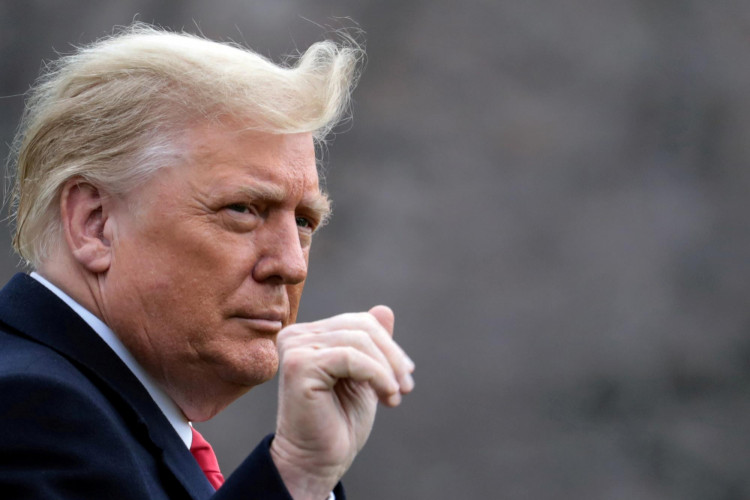The sentencing of Donald Trump in his Manhattan criminal hush-money case has been indefinitely postponed, with Judge Juan Merchan considering arguments to dismiss the case entirely following Trump's recent presidential election victory. The decision marks a pivotal moment in the legal proceedings surrounding the president-elect, as his legal team argues that continuing the case would interfere with the "orderly transition of executive power" and create national instability.
Judge Merchan has ordered Trump's attorneys to submit their dismissal argument by December 2, while Manhattan District Attorney Alvin Bragg's office has until December 9 to respond. Trump's legal team has characterized the case as "politically motivated and fatally flawed," asserting that prosecuting a president-elect contradicts established legal principles.
Prosecutors, however, counter that the case is rooted in conduct that occurred while Trump was a private citizen, arguing that no current law mandates the dismissal of criminal proceedings initiated prior to presidential immunity taking effect. "No current law establishes that a president's temporary immunity from prosecution requires dismissal of a post-trial criminal proceeding that was initiated at a time when the defendant was not immune from criminal prosecution," Bragg's office stated.
The charges against Trump involve allegations that he orchestrated a hush-money scheme to suppress damaging stories during the 2016 presidential campaign. Evidence presented at trial included a secretly recorded conversation in which Trump allegedly discussed a $150,000 payment to former Playboy model Karen McDougal. The case also featured testimony from Trump's former fixer, Michael Cohen, and adult film star Stormy Daniels, who alleged a 2006 affair with Trump.
Despite the conviction branding Trump a felon, the president-elect has leveraged the legal battles to rally his political base. Following the May conviction, Trump's campaign claimed a record-breaking $34.8 million in small-dollar donations. He has repeatedly dismissed the case as a politically driven "witch hunt" orchestrated by his opponents.
Initially scheduled for sentencing in July, the case has faced a series of delays. The U.S. Supreme Court's ruling that presidents cannot be prosecuted for "official acts" taken in office prompted Merchan to push the sentencing to September, and then again to November, citing concerns over political bias in close proximity to the election.
Trump's attorneys, led by Todd Blanche and Emil Bove, argue that the case should follow the example of federal charges in Washington, D.C., and Florida, where legal proceedings regarding Trump's alleged mishandling of classified documents and efforts to overturn the 2020 election are expected to be dismissed or paused once he takes office. They contend, "Just as a sitting president is completely immune from any criminal process, so too is President Trump as president-elect."
Prosecutors have expressed their intent to oppose Trump's dismissal motion, emphasizing that the charges are based on unofficial conduct that does not qualify for presidential immunity. They have also called for other proceedings related to the case to be paused until Judge Merchan issues a ruling.
Trump's election victory has also brought renewed scrutiny to his other legal battles. In Georgia, where Trump faces state charges for alleged election interference, the case remains far from trial due to procedural delays. Federal cases involving charges of obstruction and election subversion are similarly expected to face significant legal challenges.
The Manhattan case, however, represents a unique test of how the justice system handles a president-elect with ongoing legal issues. While Trump's legal team argues for dismissal in the name of national stability, critics caution against setting a precedent that could undermine accountability for those in power.
Judge Merchan's upcoming decision could have profound implications not only for Trump's legal future but also for the intersection of presidential immunity and the rule of law. As the December filing deadlines approach, both sides brace for a ruling that could define the legal landscape for years to come.






